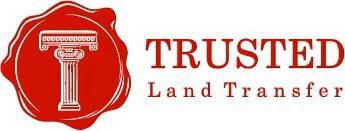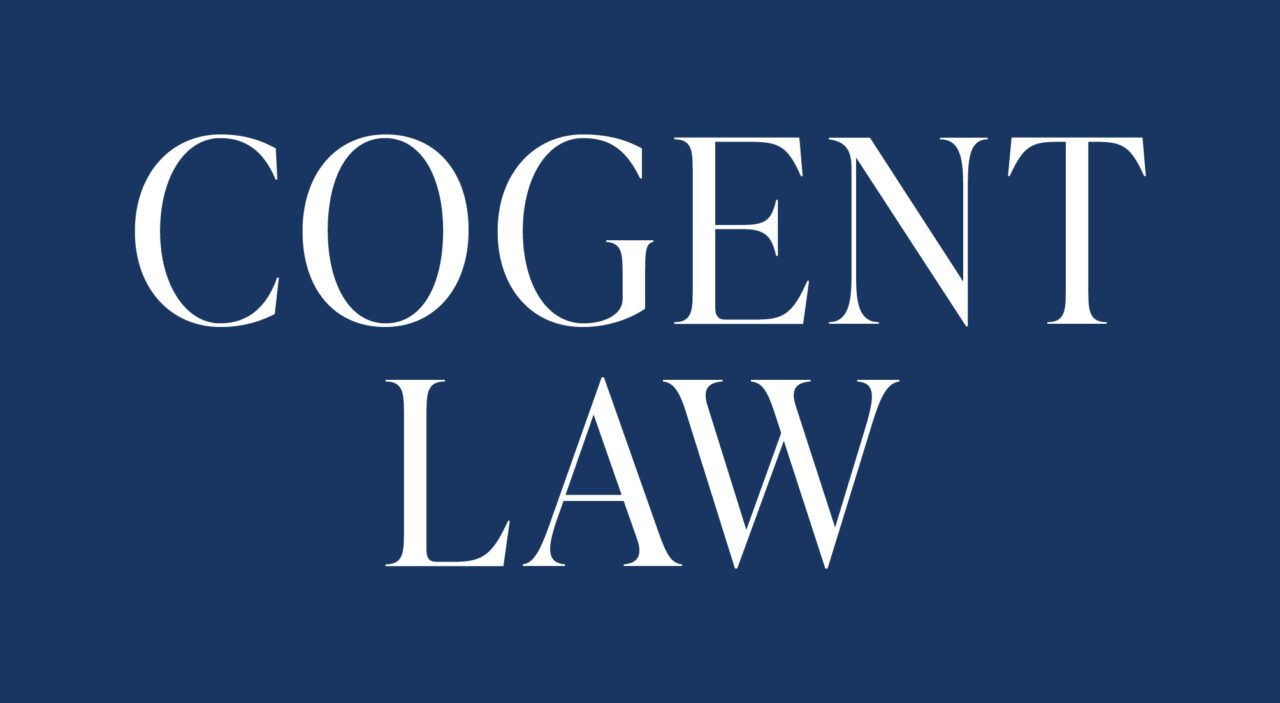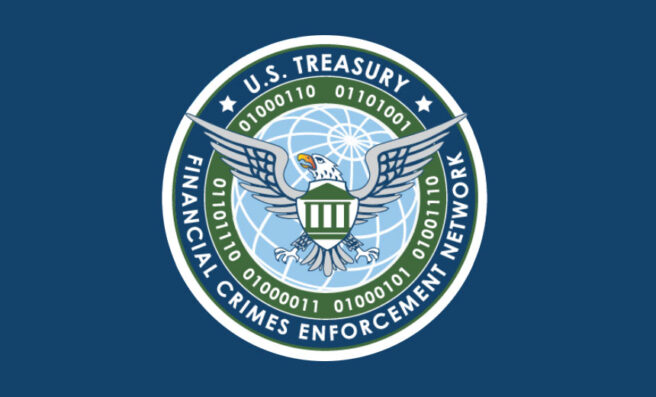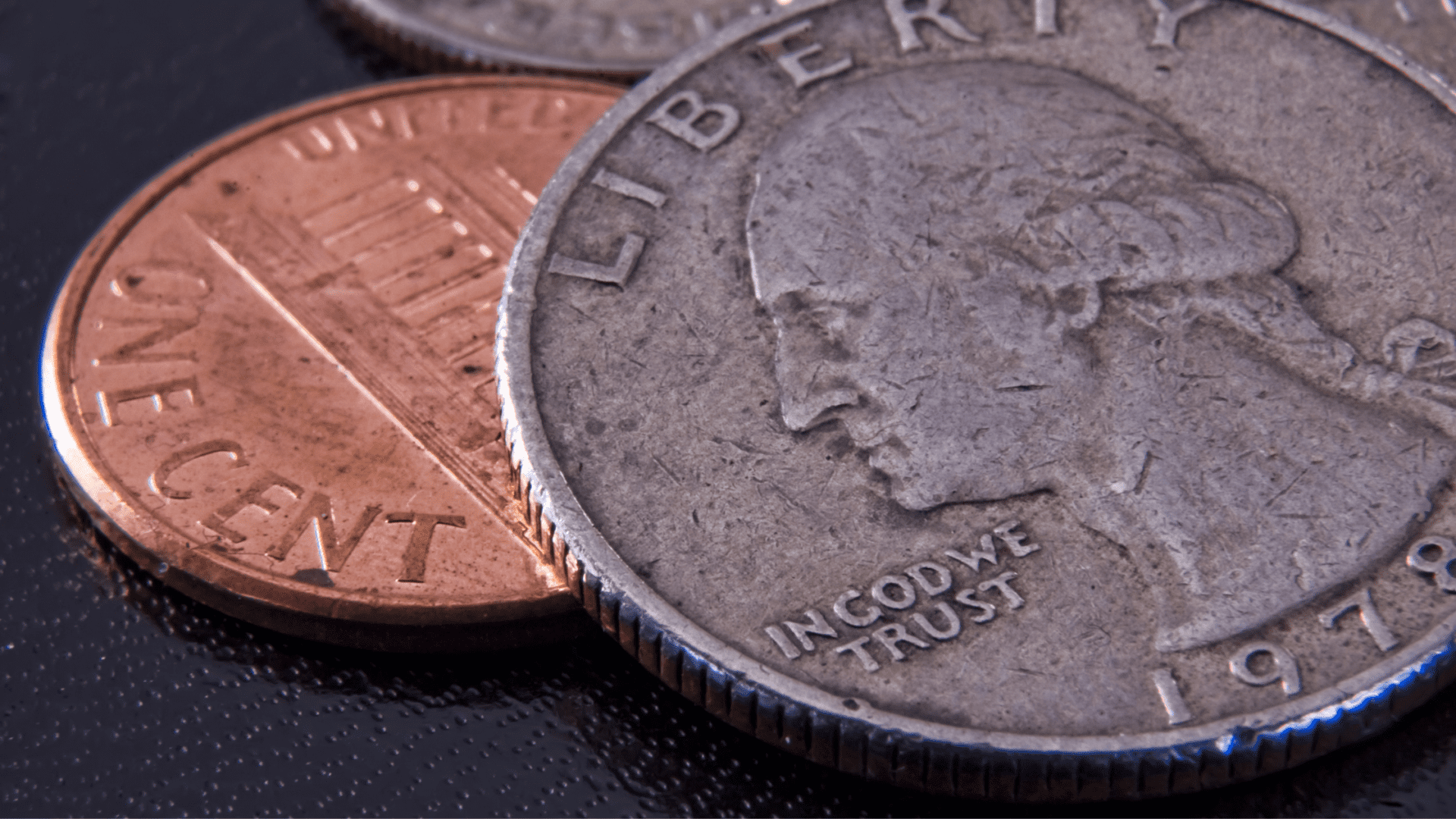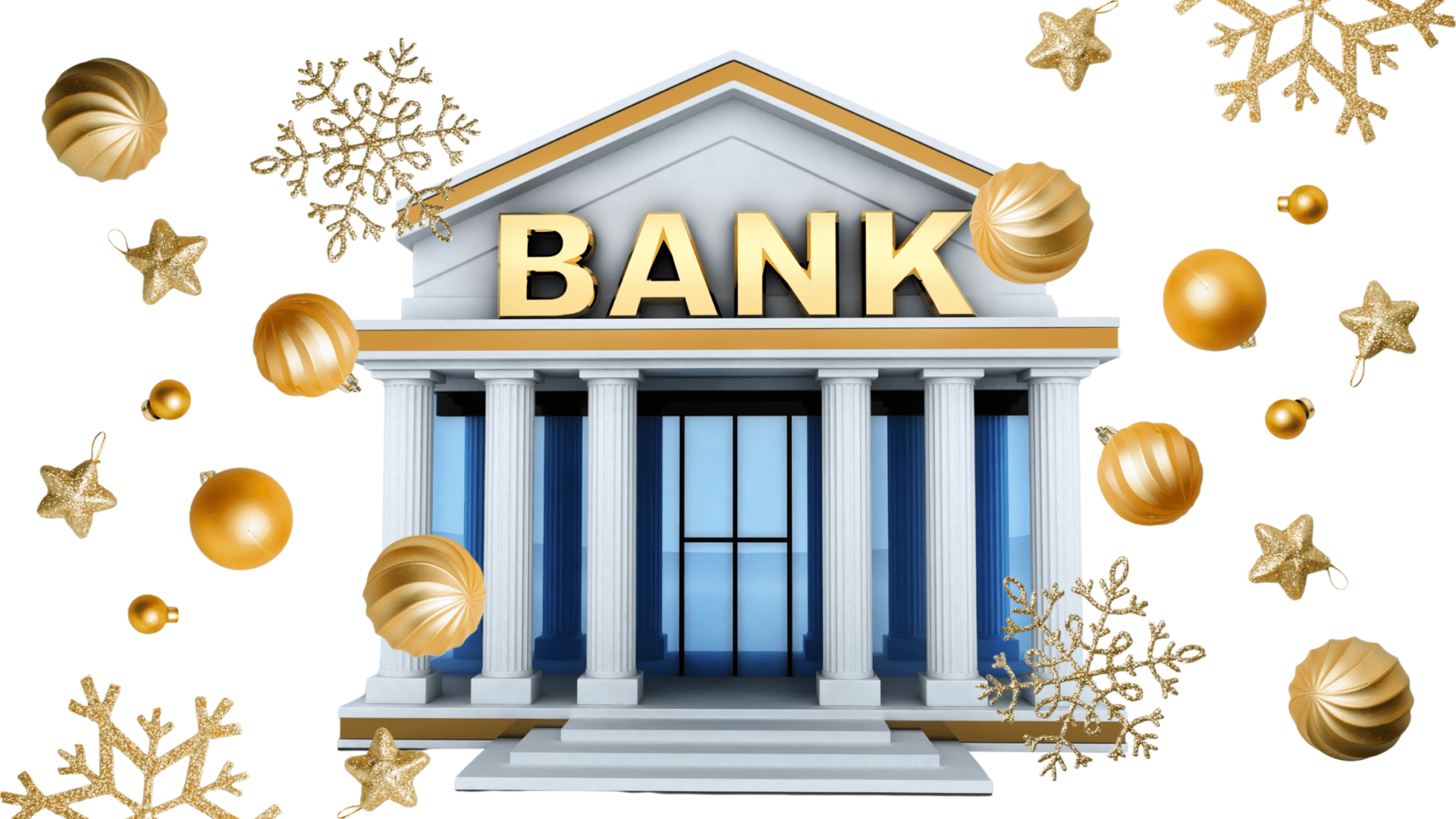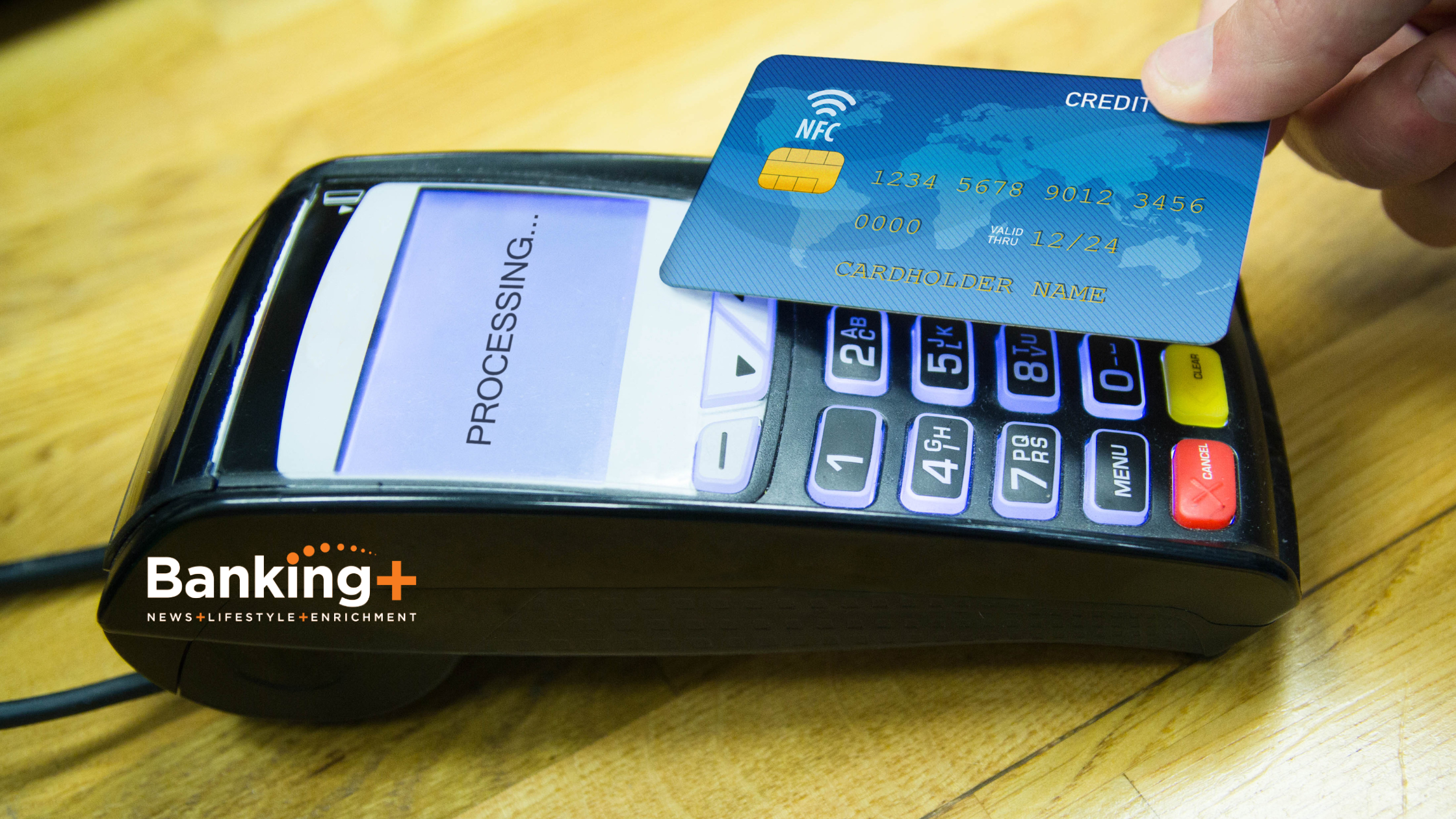Financial services researcher Glenn Grossman noted the application of game theory in contract negotiations among financial institutions and technology vendors. He then extrapolated his observations into a GonzoBanker article, exploring how bankers can use game theory of negotiation to win contracts.
Master Negotiation Strategies for Winning Business Deals
The application of game theory to banking draws various comparisons, with differences emerging from the business goal of the two parties. For example, Grossman likens the negotiation of a multiyear contract to a game of chess. Each party makes moves based on information available at that time. The article emphasizes that contract negotiations are akin to a strategic game, where both parties seek to maximize their outcomes while considering the other’s actions.
The Pie-Dividing Principle
Grossman introduces the concept of dividing a pie in contract negotiations, where both parties aim to keep a greater share. He argues against the zero-sum game approach, which results in a win-lose situation, and advocates for a game theory-based strategy where both parties can achieve a fair share based on all available information.
Mapping the Game Tree
The article explains the use of a game tree in sequential contract negotiations, where decisions are made in turns. By constructing a game tree from the bottom up, negotiators can map out potential decisions and their expected benefits. This approach allows for a more informed and efficient negotiation process.
Perfect Information and Optimal Outcomes
Grossman highlights the importance of “perfect information” in game theory, which refers to having reliable pricing information and industry knowledge before presenting an initial offer. He
acknowledges that while perfect information for both parties is unrealistic, having access to available information is crucial for effective negotiations.
Strategies for Smarter Negotiation
The article outlines several key actions for financial institutions to improve their negotiating game:
- Make the First Move: The player who initiates the negotiation often has the advantage in sequential games.
- Start with the End in Mind: Mapping out the optimal decision strategy helps in achieving the best outcome based on potential decisions and their expected benefits.
- Watch the Time: Avoid negotiating under time constraints, as impatience can lead to suboptimal decisions.
From Game Theory to Real-World Results: Learn Grossman’s Negotiation Tactics
Grossman concludes by urging banks to get smarter about negotiations, emphasizing the need for proper planning, what-if analysis, and the effective use of specialized data. He references John Nash’s contributions to game theory, highlighting that negotiation is about creating and obtaining value.
Read the full article by Glenn Grossman on GonzoBanker to learn how harnessing the principles of game theory in contract negotiations can transform the way bankers achieve optimal results.





